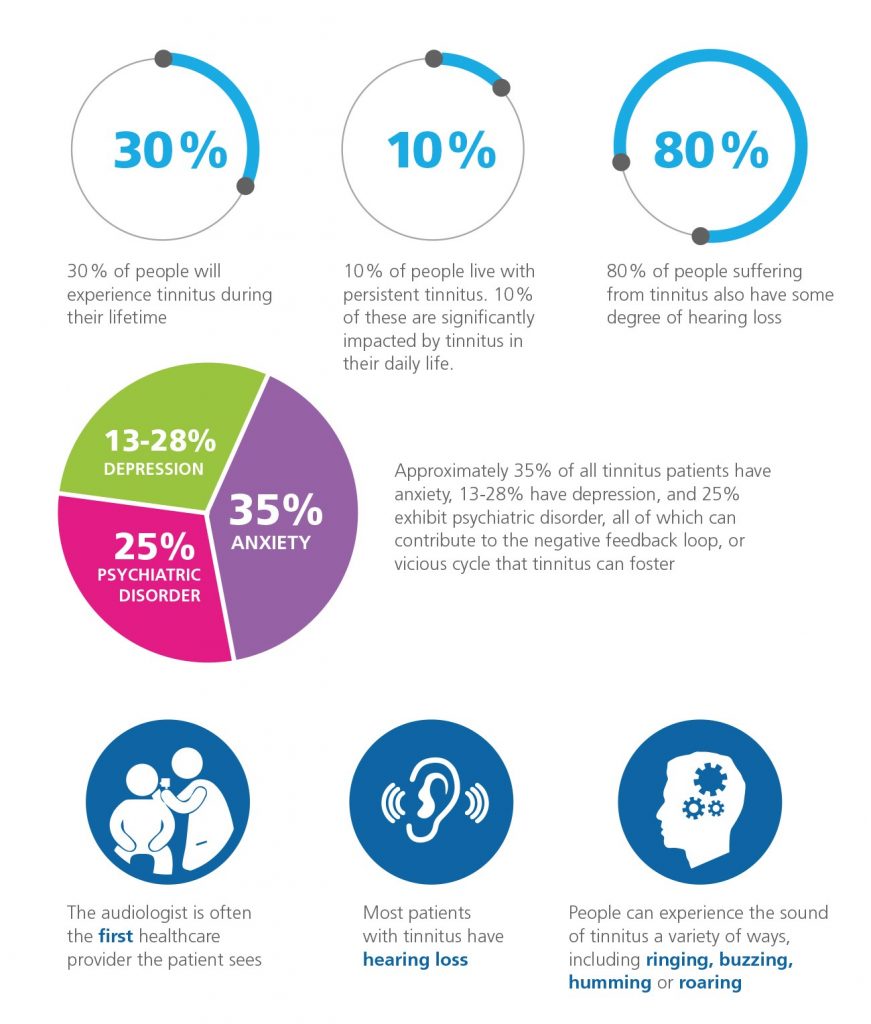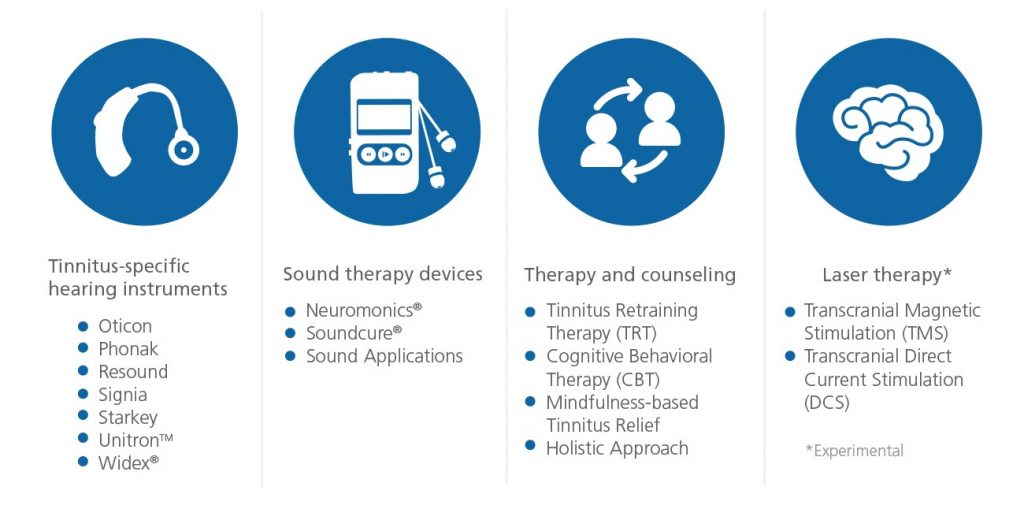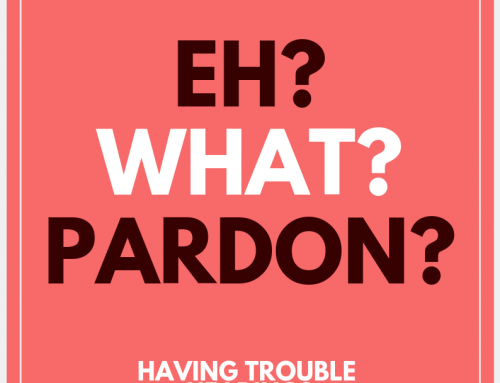Tinnitus Week: Some Facts and Figures About Tinnitus
Surprisingly, tinnitus affects around 1 in 5 of the UK population. It is defined as any noise which is ‘heard’ where there is no external sound being made. It can be experienced in many forms and can be in one ear, both or appear to be inside the head. Some people ‘hear’ a high pitch ringing, others a low tone hum. It can be also sound like a familiar tune or sound (known as musical tinnitus) or throb like a heartbeat (pulsatile tinnitus).
Tinnitus usually has some underlying cause, whether damage to the cochlear from noise damage or ageing or even just from a wax blockage or stress.

Treatment Of Tinnitus
Although no specific ‘cure’ is available for tinnitus, there are many ways to alleviate it’s effects and reduce the impact it can have on daily life. As stated above, 80% of sufferers also have some degree of hearing loss. Hearing aids can not only help boost hearing but in many cases the amplification can dramatically reduce the noises one experiences from tinnitus. Additionally, many modern hearing aids also have some tinnitus masking features such as a gentle ‘white noise’ or ‘wave sounds’. These have the effect of re-focusing the brain on these sounds and away from the tinnitus.

If tinnitus is becoming troublesome or lasting more than a few weeks, it may be wise to have a hearing test with an audiologist or consult your GP. This is especially advisable if the tinnitus is just in one ear, is causing distress or is pulsing. Call the Leeds Audiology Clinic for more advice or to book in for a hearing assessment and ear check!






